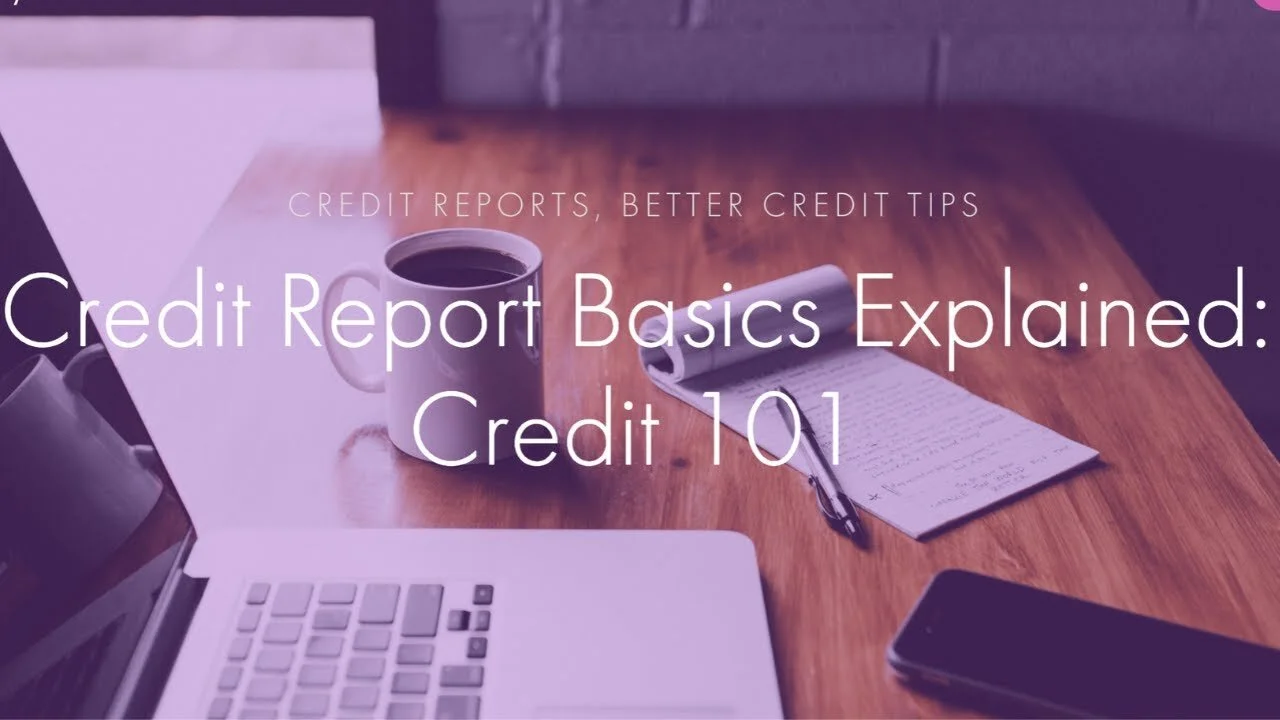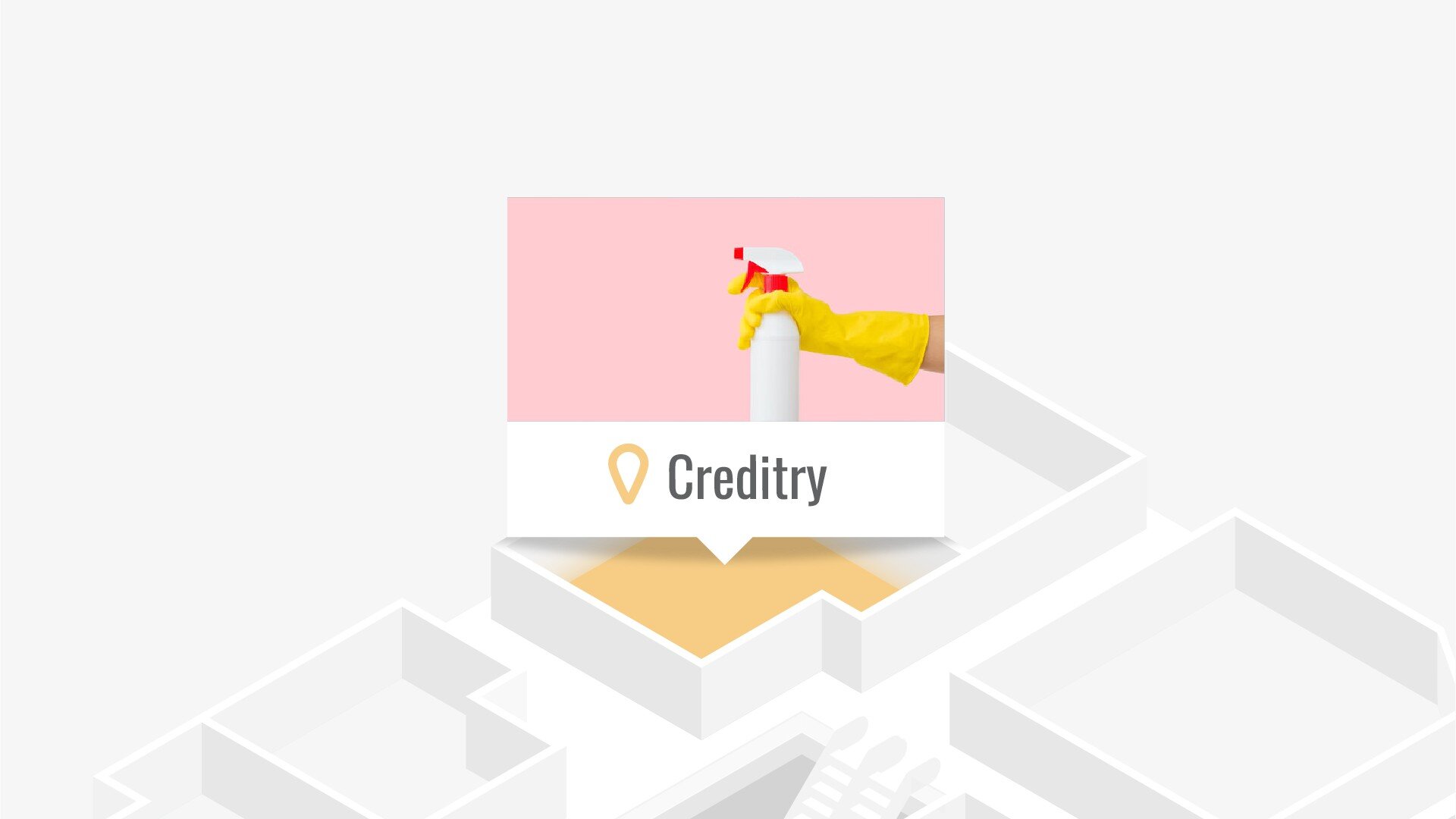Getting My Credit Score Above 700: Raise the Bar
Credit is a scary subject for many of us. I find that is because many people do not fully understand credit and how their credit score is impacted. Once you gain a clear understanding of credit, you can take control and get your credit score above 700. There is some basic information that is useful for you to understand in order to improve your financial health.
What is most unfortunate about credit is most people do not understand how important it is until you have bad credit. When you have bad credit, you are not able to get loans, mortgages, insurance, and sometimes jobs.
Tips for Maintaining Your Credit Score above 700
Before we can talk about how to get and keep your credit score above 700, you first need to have some understanding of credit score.
What Is a Credit Score?
Your credit score is a three-digit number on your credit report. It is just one piece of the information on your credit report, but it is the one on which I want to focus. A credit score falls between 300 and 850. It takes smart choices, hard work, and understanding credit to help you maintain a good credit score. The lower your credit score means it is more challenging for you to borrow money. It also means you will have higher interest rates on loans and mortgages. A higher credit score means it is easier to secure better rates and terms.
Credit Bureaus: FICO and VantageScore
There are multiple versions of credit scores available, but the two biggest credit bureaus are FICO and VantageScore. These are the two companies to whom information about you is reported the most. This is why you may hear about a credit score scale. The bureaus report different scores, so the lender takes the score that is in the middle of all the ones that are reported. When you apply for credit, pay your bills, and miss making your payments, that information is reported to the credit bureaus.
One thing that the credit bureaus do not report is the story of why your payments were late. They have no idea what is really happening in your life to cause late or missed payments, or why you need another loan. You should always be prepared to tell any potential lender the story of why. This may persuade a lender to allow you to borrow money.
Why Should I Care About My Credit Score?
You should care about a great credit score because it impacts everything you do. In the most basic form, the better your credit is means the easier it will be to borrow money and the lower the interest rate you receive. This can be when you buy a house, finance a car, get insurance and even apply for a job. It is true, some employees check your credit score before they hire you to determine how likely you might be to steal or misuse money.
When you are looking for insurance, the insurance agency determines your rates based on your credit score. It may not be fair. You may not like it, but it does not change how credit scores impact you.
You may think that you do not need any of those things right now, so why worry about your credit. The truth is good credit starts the first time you make a decision to purchase an item or try to get a loan. When you are young, you do not have much credit, so you have to work hard to build up positive credit. Every decision you make impacts your credit score. Each decision can get you closer to a credit score above 700.
Potential lenders take one look at your credit score and make a determination about if you are creditworthy. The lower your credit score is, it makes lenders feel like you are a risk for lending credit. When they think you are a risk, they think you may not make your monthly payments. If you want to check out which reputable lenders would be suitable for your credit score, fill in the information below and we will connect you with them.
Can I Fix It My Credit Score?
There is good news when it comes to your credit score. It can be fixed. You can do all the work you need to fix your credit score. The bad news about it is that it requires hard and consistent work for you to improve your credit score above 700. Keep in mind there are no quick fixes and you do not have to pay anyone to repair your credit.
You have to be disciplined when trying to improve your credit. You also have to keep your long-term goals in mind. You have to set goals that make the most sense for you and your desires. It is important that you decide what you want so that when it gets hard to save, you have to remember your goals so that you can stay focused on them.
Below I am going to list a number of steps that you can take to help improve your credit score. Keep in mind that as you work through the steps below, consistency is the key. You must stay focused on your goals and continue working towards them.
1. Check Your Credit Report
One of the top ways to get your credit score above 700, is to pull and check your credit report. You are able to get a free copy of your credit report every year. You should get a copy of it every year and review it. As I mentioned above, lenders look at the information on your credit report, including your credit score, to determine your creditworthiness.
When you look at your credit report, you can see exactly what lenders see when they make a decision about lending you money. You are also able to review your report for errors. If you determine there are errors, you should correct them immediately. Each credit bureau has a form on their website that you can fill out when you have incorrect information on your credit report. In addition to filling out the form online, you must provide proof of the incorrect information.
It could be something as simple as an incorrect middle initial or a transposed Social Security Number. This incorrect information can have a drastic negative impact on your credit score. You will be surprised at how quickly you can get your credit score to increase just by making sure all the information on it is correct.
2. Pay Your Bills...on Time
If you want your credit score above 700, you need to make sure that you pay all of your bills on time. One of the most common reasons that your credit score drops is because of paying bills late. Some companies report a late payment to the credit bureaus within five days of a missed payment. That does not give you a large window with which you can send in a late bill.
It is honestly that simple. You should pay the required amount for your bill on time and that prevents your credit score from dropping. I mean pay ALL bills timely. This includes credit cards, mortgages, car loans, utility bills, and mobile phone bills. While this seems like a no brainer, it does not make it any less true. Keep in mind that when a late payment is posted to your credit report, it does not say why your payment is late. You may have made a late payment because you had to pay a medical bill for your child, but the credit bureau does not know that.
There could be many moments where it is hard to pay your bills on time. However, your bill collectors do not care. When you have a proper budget set up, you should be able to pay all of your bills on time, even when the unexpected comes up. I touch on budgets a little later in this article.
3. Decrease Your Debt
Another way to get your credit score above 700 and maintain it, is to decrease the amount of debt that you have. While lenders look at how often you make late payments, they also want to know how much debt you currently have. They also want to know how much debt you have in relation to the amount of income you bring in. This is called your debt to income ratio.
When you have a large amount of debt in comparison to your income, lenders believe it is going to be much harder for you to pay any new debt. The best thing you can do for yourself is to reduce the amount of debt that you have. This includes all types of debt. You want to put all of your money towards paying off your debt.
Snowball Method
A good technique to use to pay off your debt is the snowball technique. You list out all of your debt amounts and you list them numerically from lowest to highest. You pay the minimum amount on all of your debts except the first one, which is the lowest amount. You put all of your money towards that first debt. You pay as much as you can until that debt is paid. Then you focus on the next debt in the list. This is now your lowest debt amount.
You pay the minimum amount for all your other debts while paying as much money as you can for the current debt. So, now all of your money is focused on that debt and paying it off. You continue this process until all your debts are paid. One advantage to this is you are able to pay off your lower amount debts faster and you can get a win by paying it off.
No matter which method you use, you should devote all of your extra money to paying off your debts. This helps put you in a better place financially and increase your credit score above 700.
4. Those Pesky Credit Cards
When you want a credit score above 700, you have to consider your credit cards. They are a great way to find your way to financial freedom, but they can also be the biggest problem for you. Just because you have a credit card does not mean you should use it. You should always be mindful of your credit limit and your current balance. These are important items to consider when thinking about a credit card.
Your credit score is determined by several different factors. One of them is your credit utilization. The simple definition of credit utilization is how much of your credit are you using. Most lenders want to see you have a credit utilization of 30 percent or less. I will highlight this with an example to make it easier to understand. If you have a credit card with a credit limit of $5,000 and you have a balance of $1,000, you are at a credit utilization rate of about 20 percent.
If you have two credit cards and they both have a credit limit of $5,000. If you have a balance of $1,000 on one and $2,000 on the other, you are at a 30 percent utilization rate. Your utilization rate is based on all the credit you have across all credit cards. In the first example, since you only have one credit card, you have $5,000 of credit to work with. In the second example, since you have two credit cards, they are added together and you have $10,000 credit. Your balance is $3,000 across both cards, so you are at a utilization rate of 30 percent.
No matter what your credit limit is, you do not want to max out your credit cards. Financial advisors recommend that once you pay off your credit cards, leave them open, but do not use them. This increases your credit score, as long as you show restraint and do not go over the 30 percent utilization rate. If you are going to keep them open, you have to be smart about using them. If you are not going to pay off the balance each month, it is probably best if you only use them for emergencies.
5. Consolidate Debt
One way to get your credit score above 700 is to consolidate your debt. If you are not able to pay your bills now or you are just getting them paid but have no extra money each month, you might want to consider bill consolidation. A consolidation loan is a personal loan, so you are taking on more debt in the short term. These loans can help you pay credit cards, medical bills, the money you owe someone, and your car payments.
Know Your Credit. The Creditry Store Is Here to Help.
Keep in mind, this type of loan does not do away with your debt, but it helps you manage it better. You can pay all the miscellaneous bills with different interest rates, and you have one lower monthly payment at a better interest rate than most of the bills you just paid. The loan itself does not help your credit score, but paying off all of those other debts will help you get on your way to a credit score above 700.
You have to remember to pay the loan each month on time and not to start charging a bunch of items on your credit card. You have to remain in control.
6. What Good Will A Budget Do Me?
Speaking of control, the best way to take control of your finances is with a budget. I know this is not a popular topic, but I am not sure why. A budget is the best way to gain control of your finances and your spending. I know many of you want to bury your head in the sand when it comes to debt, but that will not help. So, pull your head and put yourself in the driver's seat.
A budget can be easy to create. Write down all the income you have each month. Then write down ALL of your expenses. Yes, all of them. Now is not the time to pretend you do not spend $5 a day on coffee. Write it down. Add up both columns and this shows you how much you are spending each month and how it compares to what you earn.
You can also see how much money you are spending in each category per month. If you want to pay off your credit cards, here is where you make some sacrifices and cut spending where you can. When you save money here, then you direct it to your credit cards. It may not seem like a lot at first but when you are able to pay hundreds more a month to your credit card, it can be significant.
Conclusion
If you really want to see your credit score improve, you have to work for it. No one else can do it for you. Write down your goals and work towards them one credit card payment at a time.





